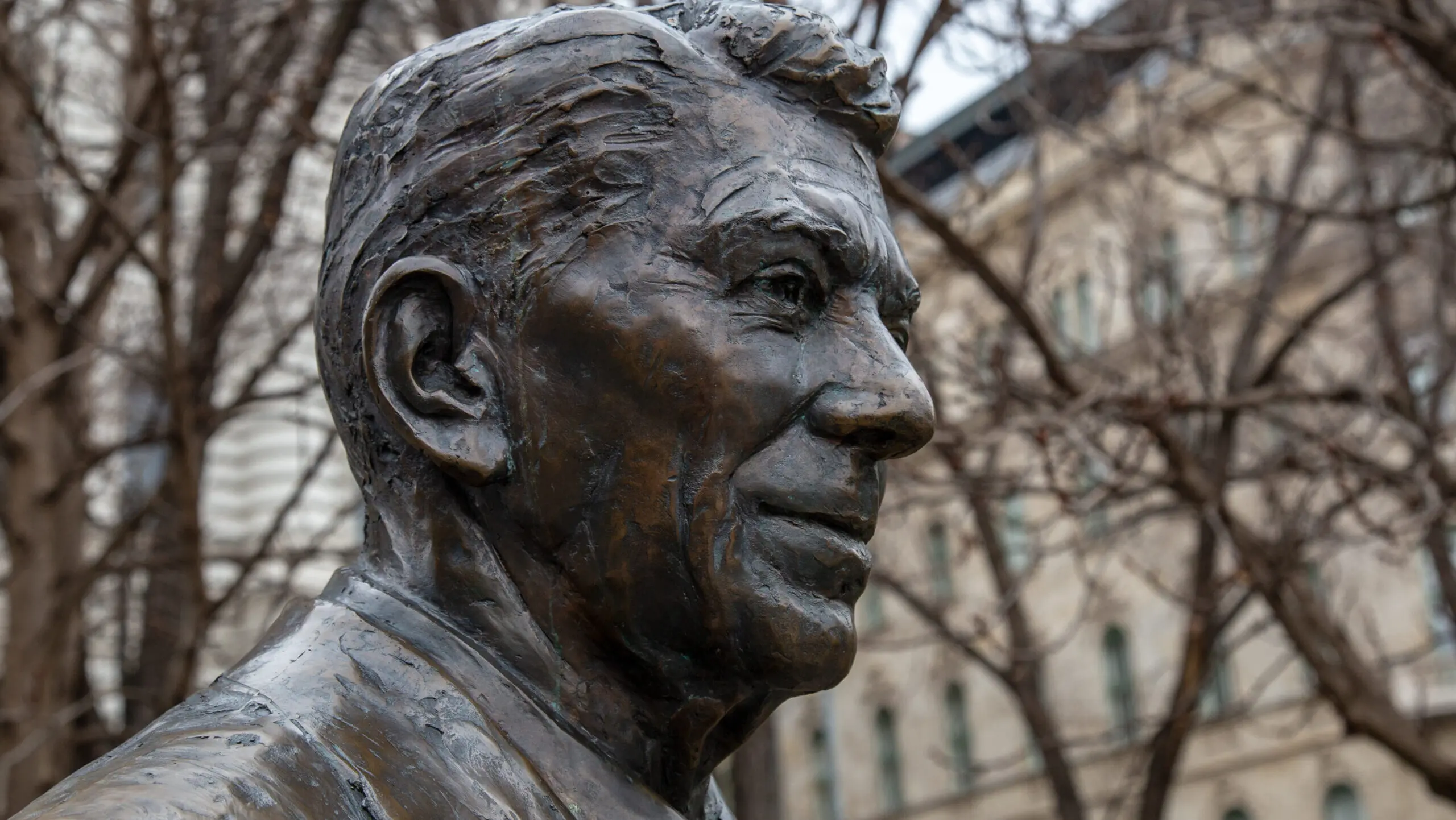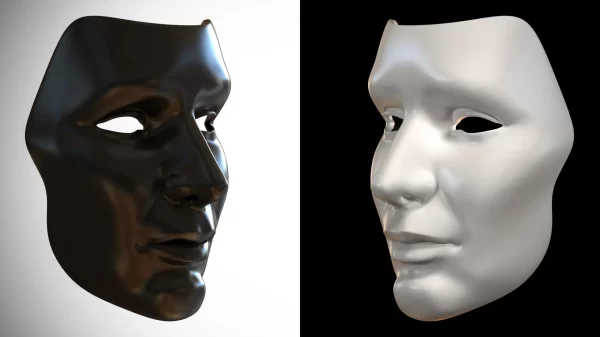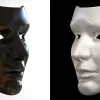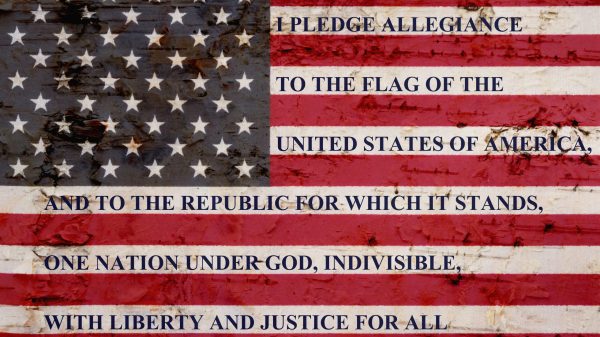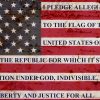|
Getting your Trinity Audio player ready...
|
On January 11, 1989, Ronald Reagan gave his farewell address to the nation, a speech marked by his note of a “resurgence of national pride.” In true Reagan fashion, he delivered a warning, too, about “an eradication of the American memory that could result, ultimately, in an erosion of the American spirit.”
What truly stands out about Reagan’s speech is his unwavering hope in the United States as a “shining city upon a hill,” borrowing a phrase from John Winthrop. Reagan’s vision of America was one of a tall, proud city teeming with people of all kinds living in harmony and peace, a city with open doors for anyone with the will and the heart to get here. How far we have strayed from that vision is beyond measure, and the damage from this drift is evident in the low opinion the nation’s citizens have of the presidency, Congress, and the courts.
But let us not forget, the seeds of today’s discontent were planted deep within the Reagan Revolution. His campaign’s devil’s bargain with the religious right ensured victory but at a significant cost. Many evangelicals initially questioned an alliance with a divorced Hollywood actor who, as governor of California, had signed into law the nation’s most liberal abortion bill. Yet, leaders like Jerry Falwell and James Dobson saw the power grab as a golden ticket to reshape the country into their vision of a Christian nation.
In a February 1981 interview with Parade magazine, Billy Graham wisely warned, “I don’t want to see religious bigotry in any form. It would disturb me if there was a wedding between the religious fundamentalists and the political right. The hard right has no interest in religion except to manipulate it.” Fast forward to today, and it is the religious right that has manipulated the Republican Party, having the last laugh as the party becomes more militantly religious and dogmatic in its efforts to build a Christian utopia in America.
Graham’s warning has been thoroughly disregarded, and now it falls upon those who value freedom to resist the United States from devolving into a Christian autocracy. This is for the sake of religion, individual freedom, and the very ideals that have shaped our nation.
Reagan himself articulated his vision of that city on a hill—not an isolated city of white Christians, but a place “teeming with people of all kinds.” The city may have walls, but they also have doors “open to anyone with the will and the heart to get here.”
Despite his shortcomings, Reagan was a man of character and devotion to his country—a trait we should demand from all our leaders. Today, we should fear the abuse of religion for political gain, which does immeasurable harm to our nation. Men of low character are using and being used by religion to reshape the nation into something it was never meant to be.
A virtuous life and civic engagement are not dependent on religion but don’t need to be independent of faith in a higher power. Our nation should be based on law and justice, not an unbridled lust for power, be it religious or secular. We should remember Reagan’s vision and work towards a united and harmonious America, not a divided one.





































